Early childhood education at Pilke daycare centres
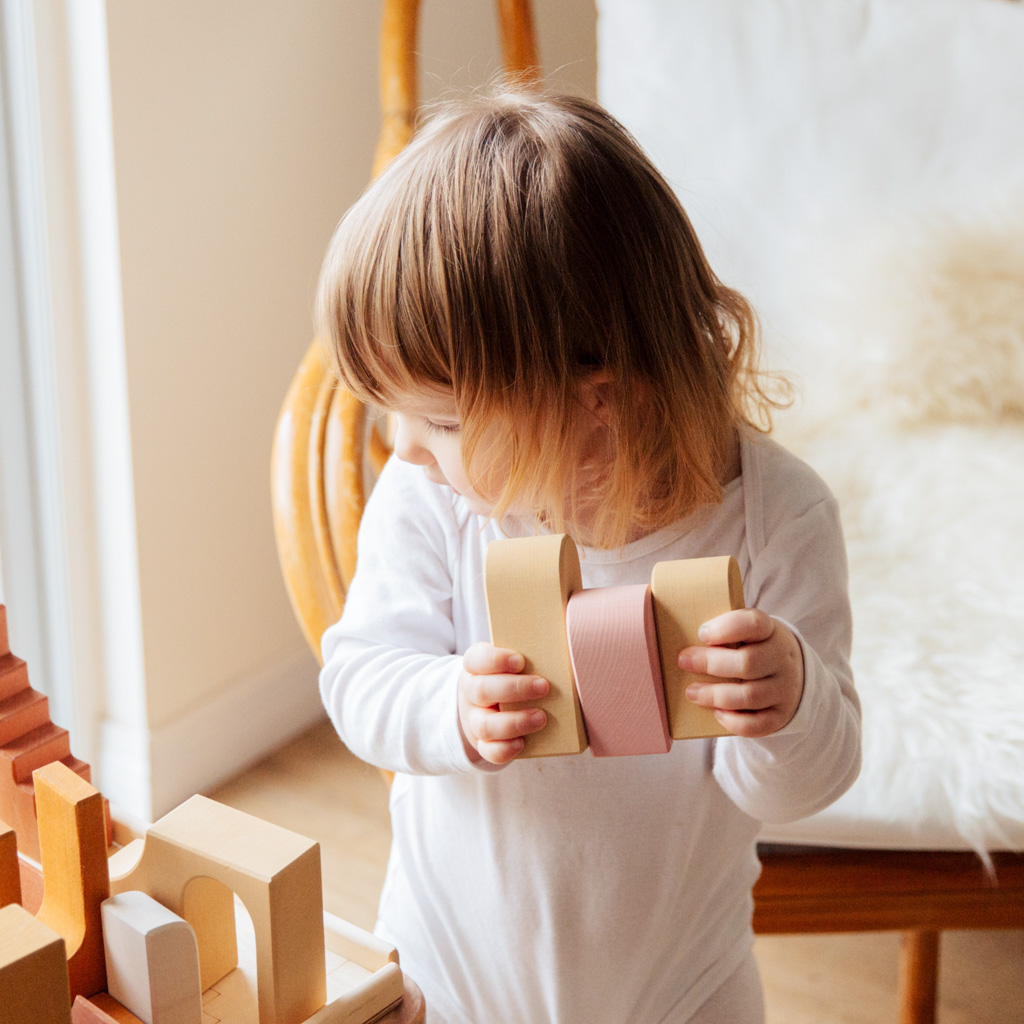
In daycare centres, children participate in early childhood education and care – what does it mean? And what is early childhood education and care like at Pilke daycare centres?
On this page, we have collected information on what early childhood education and care is and how it is implemented at Pilke’s daycare centres. Also check out the frequently asked questions at the end of the page!
- What is early childhood education and care?
- ECEC plan contains the child’s early childhood education goals
- Learning environment
- Our pedagogy
- Early childhood education and care for children in daycare, preliminary pre-school and pre-school
- Early childhood education supports the child in various situations
- ECEC FAQs
- Contact us
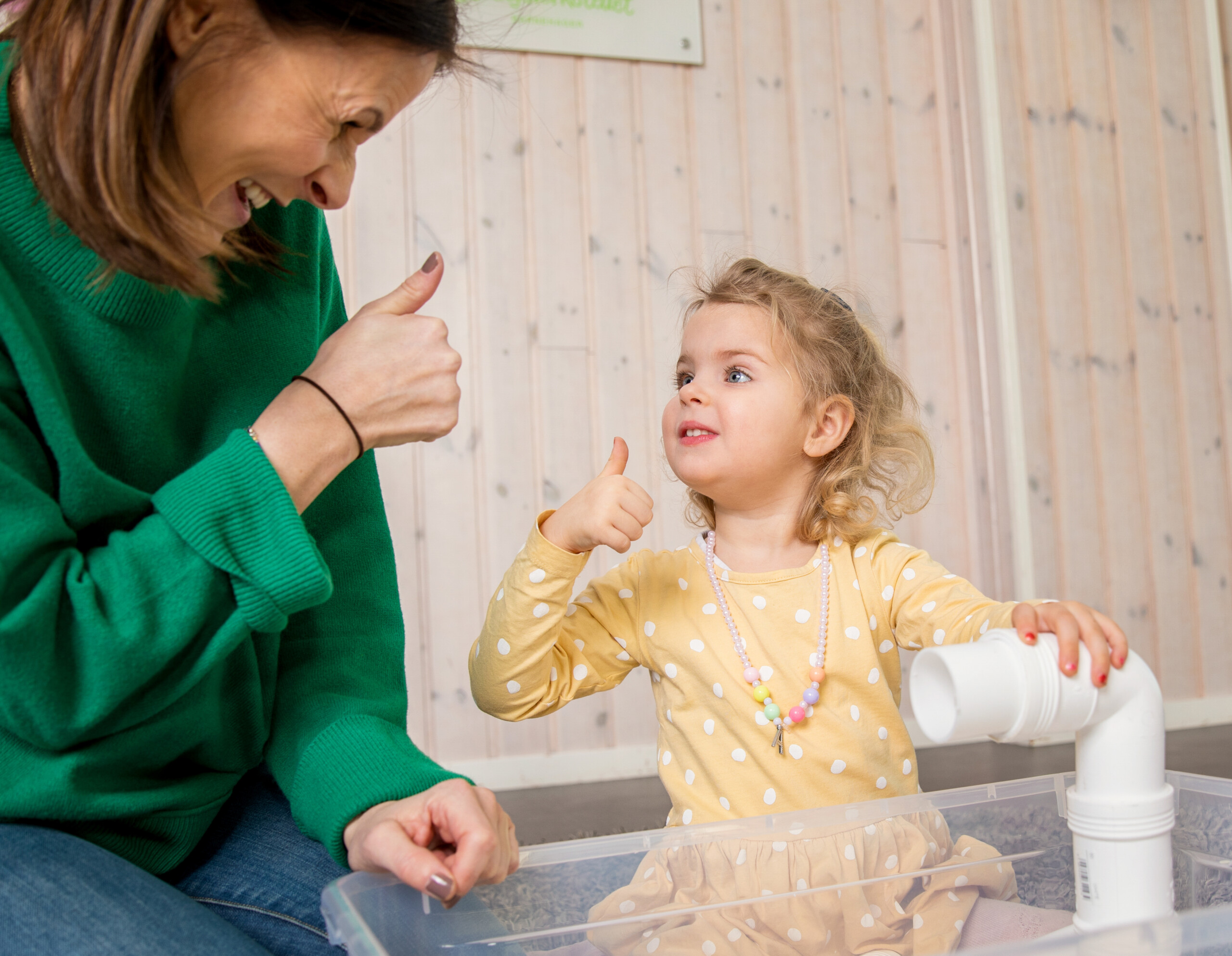
I meet children, families, and coworkers with kindness
For me, being driven by heart, it’s something I bring into every interaction: with the children, their families, and my team.
It comes straight from the heart and grows stronger with every connection.
What I love most about my work is being close to people. I know, and I truly feel, that I’m a safe and trusted adult for the children.
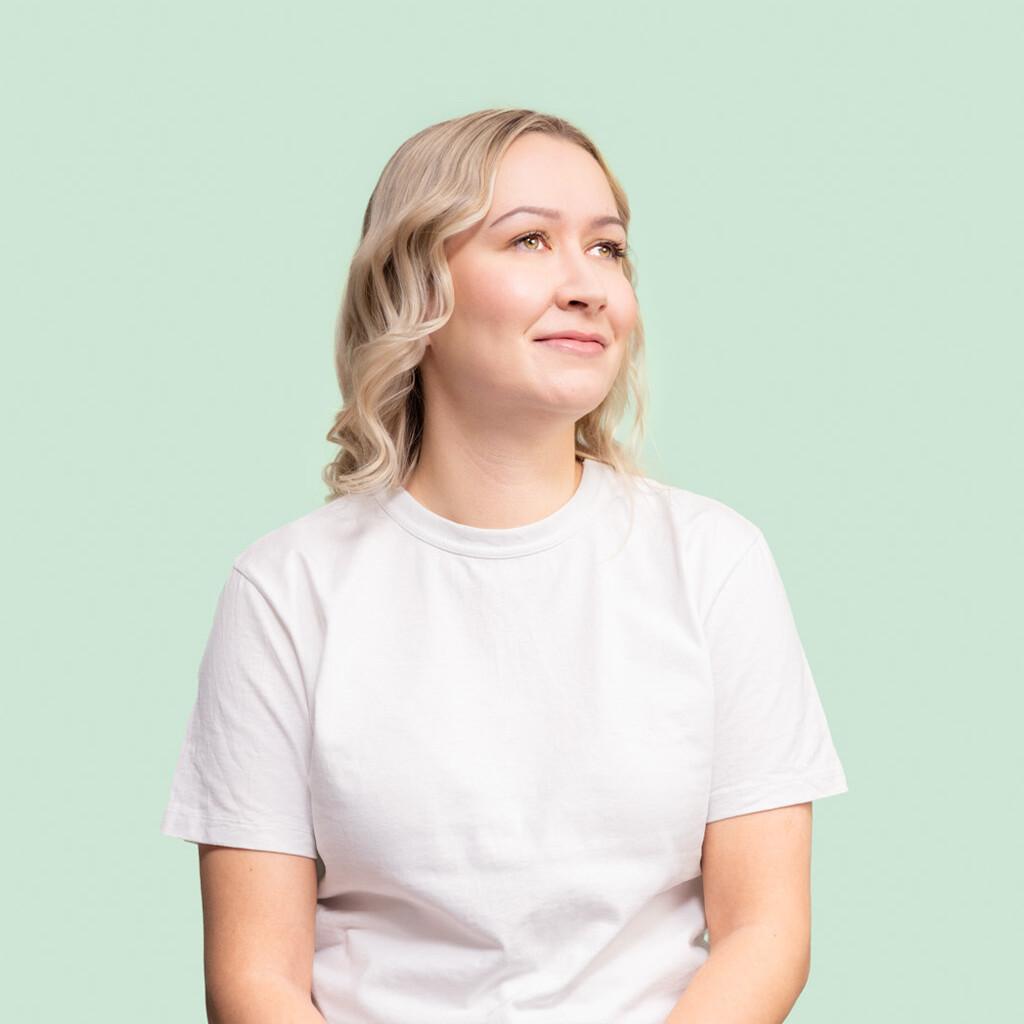
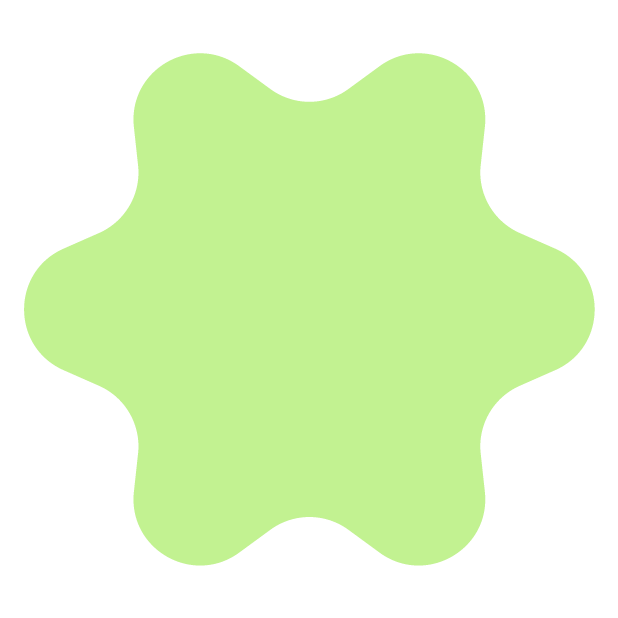
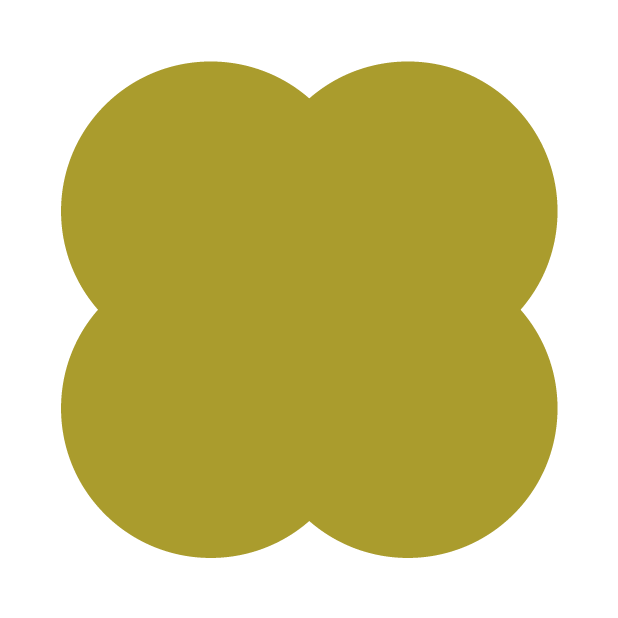
What is early childhood education and care?
Early childhood education care is a rather new concept that has largely replaced the previously more common term daycare. Early childhood education and care refers to a planned, goal-oriented entity of upbringing, education and care that places emphasis on pedagogical approaches.
Early childhood education is planned, assessed and developed on a regular basis. In Finland, all children have the right to participate in early childhood education that aims at ensuring their well-being.
Finnish early childhood education emphasises the Nordic principle of involving play, care and safety. At Pilke, we focus on the children’s safety and comfort, and our professional educators know how to encounter and activate the children and listen to their needs.
ECEC discussions are held at Pilke daycare centres on an annual basis. The purpose is to discuss common guidelines and objectives and to agree on how the individual development, learning and well-being of the child will be fostered in early childhood education.
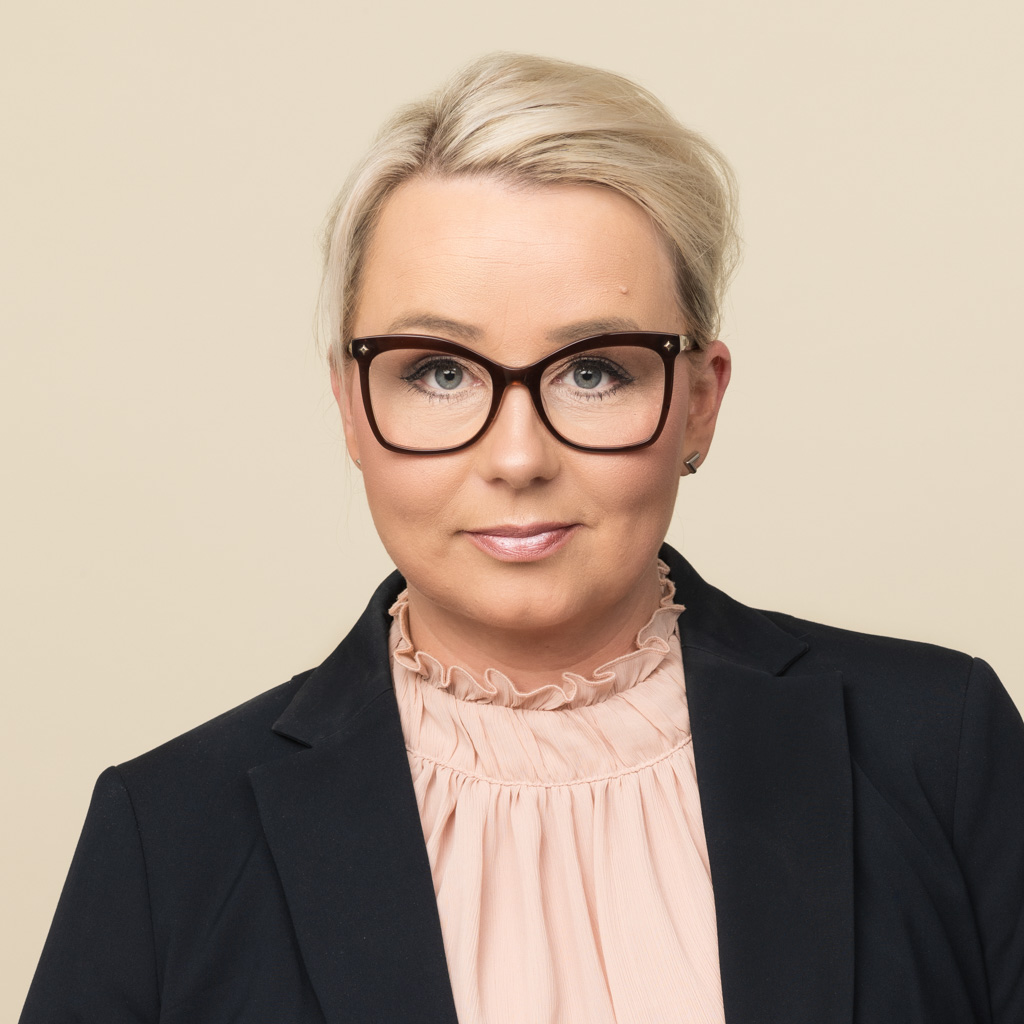
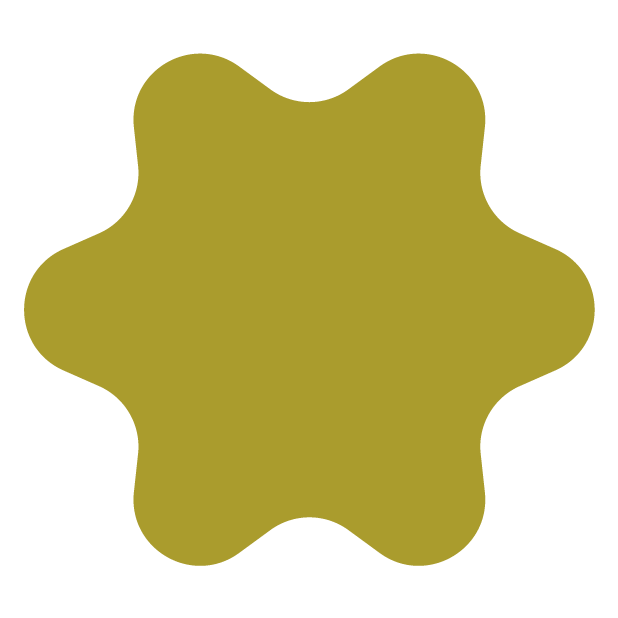
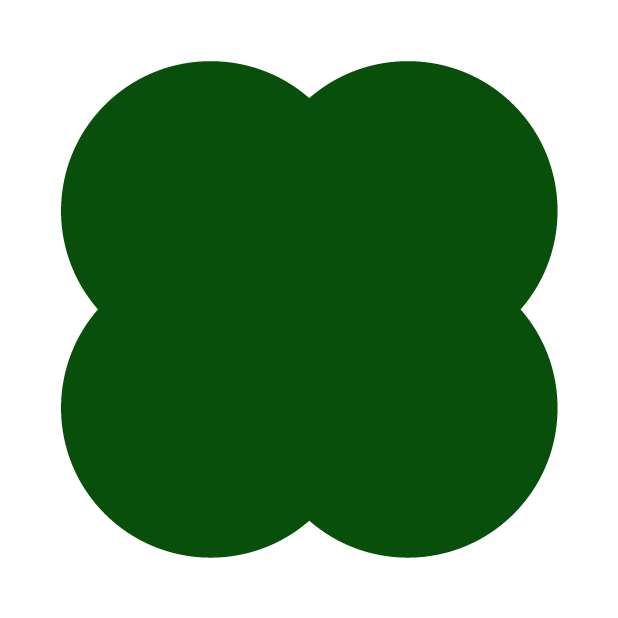
ECEC plan contains the child’s early childhood education goals
An early childhood education and care plan, or ECEC plan (“vasu” in Finnish), is one of the first new terms a family encounters when their child starts at daycare.
What is the ECEC plan about? The ECEC plan states the goals and actions to support the child’s development, learning and well-being. The ECEC plan is prepared jointly by the family and the daycare centre when the child starts to attend daycare. The plan also takes account of the child’s own perspectives.
The ECEC plan is reviewed and updated annually in an ECEC discussion between the family and the daycare centre.
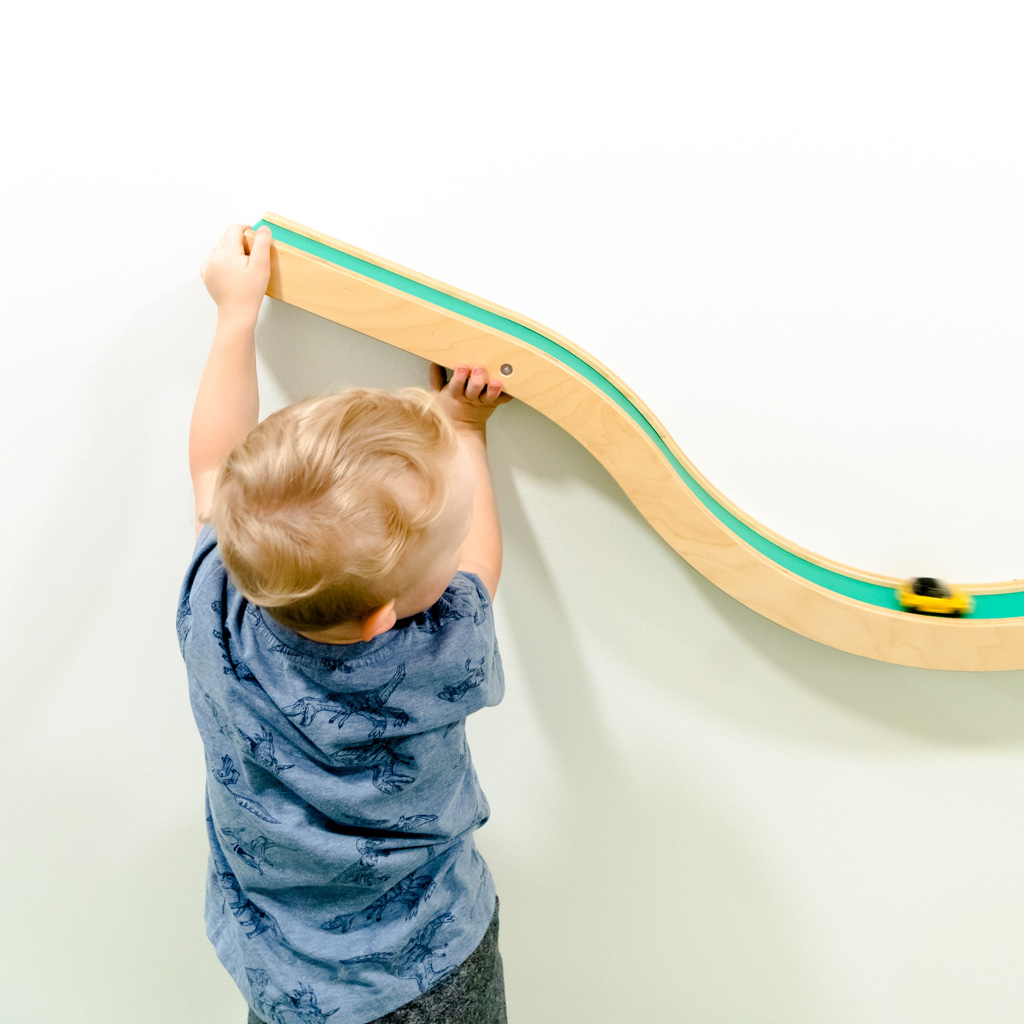
Children’s individual ECEC plans are based on the National Core Curriculum for Early Childhood Education and Care issued by the Finnish National Agency for Education. Municipal early childhood education and care curricula are prepared based on the national core curriculum, and they provide a framework for the local ECEC plans.
How the daycare learning environment supports the child’s growth, development and learning
The environment provided by the daycare centre plays a key role in supporting the child’s growth, development and learning. A learning environment comprises, for example, the facilities, equipment and materials at the daycare centre as well as its courtyard and surroundings. The learning environment also encompasses aspects not related to physical space. As a whole, the learning environment is formed by physical, social and psychological factors.
The learning environments at Pilke’s daycare centres are open, communal environments that children can explore based on their interests. They encompass music and exercise spaces, ateliers, adaptable play rooms and a canteen, for example.
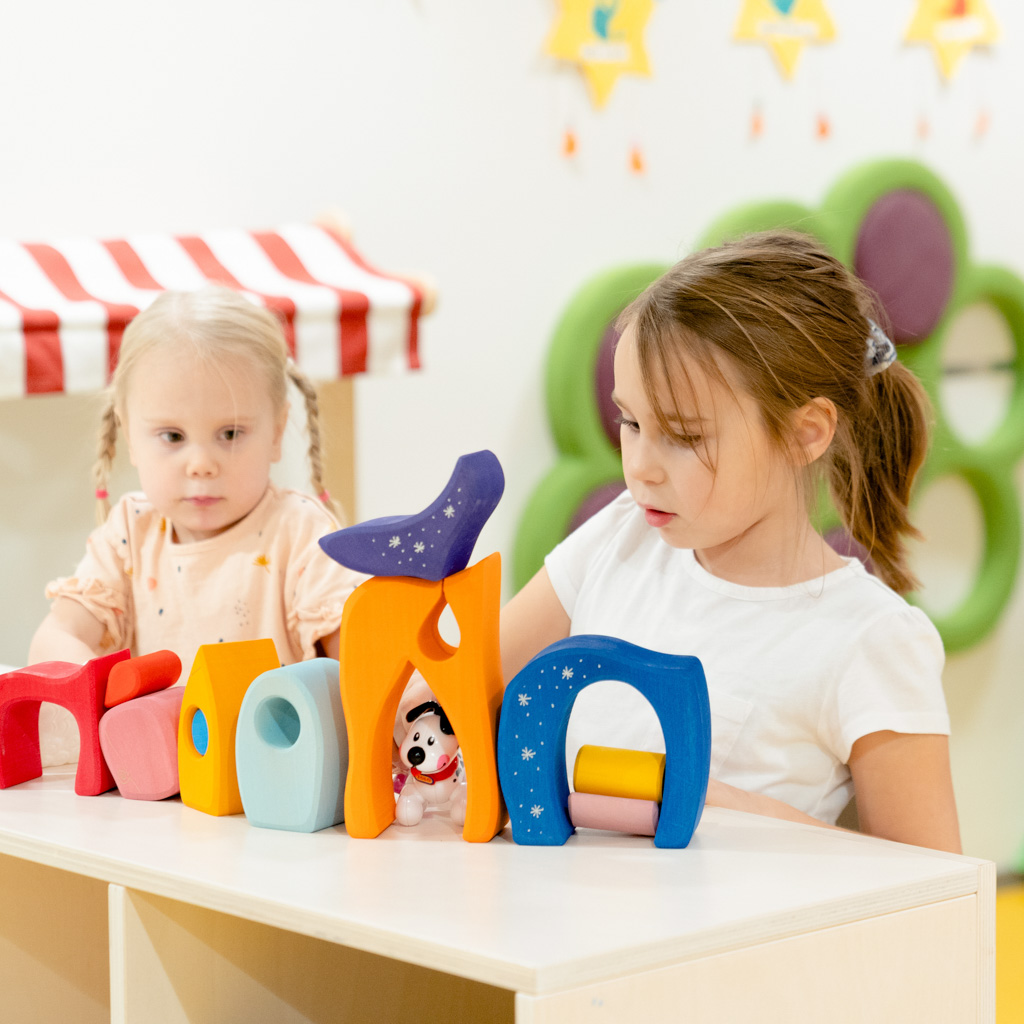
Physical
Acoustics, ergonomics, accessibility, ecology, LED lighting, indoor air quality, safety, activation, yard and neighbourhood environment, cleanliness.
Social
Groups of different sizes, inclusion, self-management, interaction, common rules, bullying prevention, language development, cultural diversity.
Psychological
Solidarity, expression and regulation of emotions, equality, gender equality, child-centredness, supportiveness.
For a kindergarten-age child, learning should always be fun!
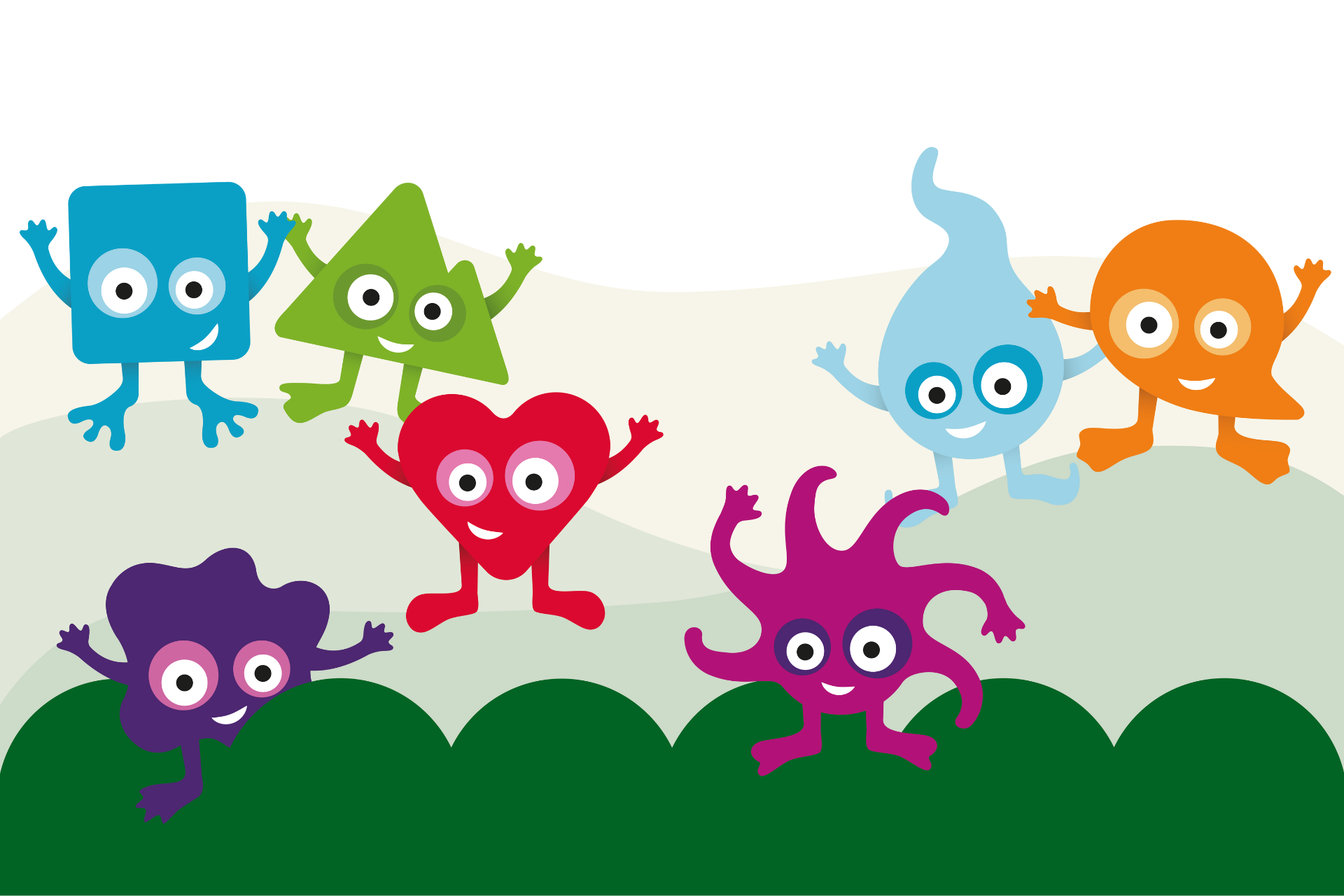
Pilke’s early childhood education pedagogy – how we enable children’s learning
At Pilke, we consider each child an active learner.
Children learn gradually in interaction with their environment. They structure new things in relation to their earlier experience, knowledge and views. They learn when things are connected to their own world of experiences and interests.
In order to learn new things, children must feel safe, comfortable and happy. Children are naturally curious, creative and active, and they explore the surrounding world through play. Positive feedback encourages them to learn more and builds a robust self-esteem.
Everyday pedagogy at Pilke daycare
At Pilke, everyday pedagogy is an important topic. Under school-age children learn most efficiently through play and everyday activities.
Everyday pedagogy means that Pilke’s educators are keen to seize learning opportunities in various daily activities, such as mealtimes and dressing for outdoors.
All Pilke’s daycare centres have seven soft and colourful characters, the Learning Friends, to help bring early childhood education pedagogy to life. Each Learning Friend also has its own themed play area in the daycare.
Early childhood education and care for children in daycare, preliminary pre-school and pre-school
For us, quality early childhood education involves learning through play and gentle interaction.
We see and recognise each child’s unique talents and support their strengths. We are passionate about our work and build safe and inspiring learning pathways for everyone.
A safe and supportive environment is a great starting point for friendship, surprises and learning together. A nursery that is fun to go to and a place to be in from day one.
Daycare
(1–4-year-olds)
With the youngest children, we emphasise care and gradually increase the role of upbringing and learning through everyday pedagogy.
Preliminary pre-school
(5-year-olds)
Learning sessions aimed at 5-year-olds.
Pre-school
(6-year-olds)
At pre-school, children learn skills required on the first grades of primary education and participate in school visits.
Early childhood education supports the child in various situations
Like other private daycare centres, Pilke typically acts as a service provider that complements and supports municipal services. We provide early childhood education services in compliance with the local policies.
Children who need special support are often placed in municipal daycare centres. Pilke may provide daycare places to such children if the service is purchased from us by the municipality. We employ special education teachers in early childhood education and care and acquire increased support as required.
Municipal practices with regard to special support children may vary, but the priority is to secure the best interests of the child. If your family has a child who needs special support and you wish to apply for a place at a Pilke daycare centre, we recommend you to discuss the matter with the daycare centre manager and the municipal early childhood education service guidance.
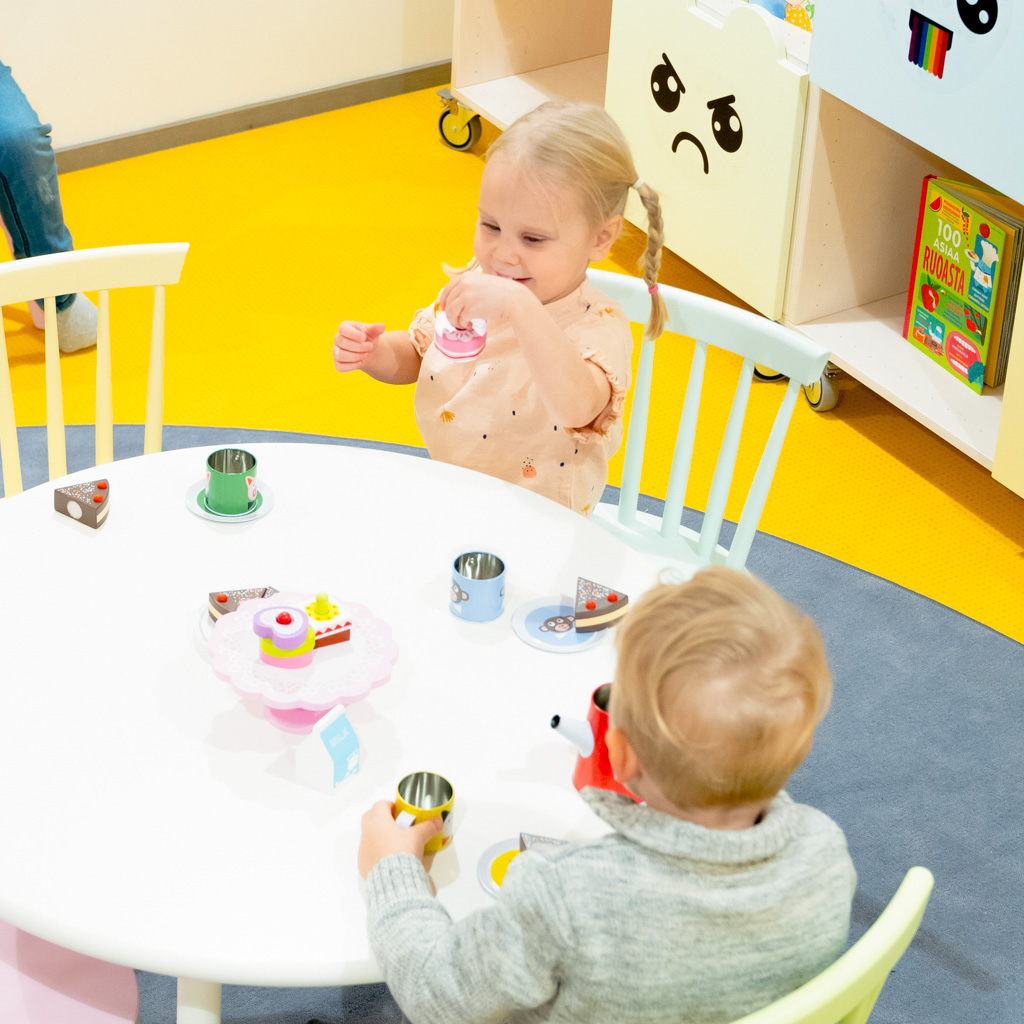
Early Childhood Education and Care FAQs
Early childhood education is a relatively new term that came into broader use in Finland after the reform of the Early Childhood Education Act in 2016. Before that, the term daycare was more commonly used.
Early childhood education refers to a planned and goal-oriented combination of care, education, and teaching, with a particular emphasis on pedagogy.
In municipalities, early childhood education is now part of the education sector, whereas daycare used to fall under social services. For very young children, care and nurturing are the most important aspects of a good day, but as the child grows, education and teaching become more central in early childhood education.
Read more: Early childhood education at Pilke daycare centres
The early childhood education plan (ECE), or vasu in Finnish, outlines the goals and actions that support a child’s development, learning, and well-being. The plan is created together with the family and the daycare staff after the child has started attending daycare.
The child’s own perspective is also taken into account in the plan. It is reviewed and updated once a year in a joint discussion between the family and the daycare.
A vasu discussion (ECEC plan discussion or meeting) is a meeting between the family and the daycare staff to talk about the child’s early childhood education and care plan, known in Finland as the vasu (varhaiskasvatussuunnitelma).
The vasu, is a document that ensures the child receives planned and goal-oriented care, education, and teaching tailored to their individual needs.
The first vasu is created based on this joint discussion between the family and the daycare. After that, the plan is reviewed regularly, at least once a year.
In all Finnish early childhood education, including at Pilke, care, play, and a sense of safety are always at the heart of the daily experience. School-like skills will come naturally when the time is right—there’s no need to rush them.
In early childhood education for the youngest children, we focus on ensuring that the child feels safe and well. The adults around them are professionals who know how to engage with and listen to the child in the right way. Read more our daycare centres' way of working.
A vasu discussion (ECEC plan discussion or meeting) is always confidential, and families are welcome to ask any questions they may have about their child’s development, situation, or early childhood education.
Here is an example of how a vasu discussion typically proceeds at a Pilke daycare center:
- Introduction round: The discussion begins with brief introductions.
- Family and child updates: The family shares how things are going, and the child’s strengths, interests, and needs are discussed.
- Setting goals: Together, we set 1–3 concrete goals for the child’s everyday life in early childhood education. We also agree on the actions and methods to support reaching those goals.
- Support and other considerations: We talk about any additional needs related to the child’s development and learning, as well as any other important matters to consider.
- Spring review: In the spring, we hold a follow-up discussion to review how the goals have been met and celebrate progress. If something still needs work, we agree on how to move forward.
After the discussion, the early childhood education teacher documents the agreed points in the child’s vasu, and the parents receive a copy to review.
Warmly welcome to vasu discussion!
Every single Pilke daycare center and playschool follow the same laws, quality standards, and staff-to-child ratios as all other Finnish daycare providers—both public and private.
We follow the local early childhood education plan set by each municipality. At Pilke, our approach is warm and caring, and we meet each other and the children with genuine kindness and heart.
All private daycare centers are approved and supervised by the municipality in which they operate. Private daycare providers like Pilke follow the same Early Childhood Education Act and the national early childhood education curriculum as municipal daycare centers. Municipalities also monitor our operations through inspections, guidance, and audits.
Finnish private early childhood education is among the best in the Nordic countries. Recent surveys measuring both customer satisfaction and municipalities’ views show that private services are perceived as high-quality and that cooperation with municipalities works well.
In private daycare centers, quality is built through the development of pedagogy, investment in staff well-being and competence, and by creating services that meet the needs of families—often with the help of digital tools.
All private daycare centers are approved and supervised by the municipality in which they operate. Private daycare providers like Pilke follow the same Early Childhood Education Act and the national early childhood education curriculum as municipal daycare centers. Municipalities also monitor our operations through inspections, guidance, and audits.
Finnish private early childhood education is among the best in the Nordic countries. Surveys in recent years—measuring both customer satisfaction and municipalities’ perspectives—show that private services are considered high-quality and that cooperation with municipalities works well.
In private daycare centers, quality is built by developing pedagogy, investing in staff well-being and competence, and creating services that meet the needs of families—often by making use of digital tools.
Read more: Early childhood education at Pilke daycare centres
Yes, a child with special needs can also attend a Pilke daycare center. At Pilke daycare centers, children's development and learning are supported according to a three-tier support model.
However, certain forms of support, such as small group or special group placements, are often only available in municipal early childhood education.
If your child has special needs and you are hoping for a place at a Pilke daycare center, we recommend contacting both the director of the Pilke daycare center and the municipal early childhood education service guidance. Together, they can assess how and where the support can be best arranged in the best interest of the child.
In daycare, learning environments refer to the facilities, equipment, and materials available in the center, as well as the outdoor area and surrounding environment.
The learning environment is divided into three dimensions:
- Physical environment – the spaces, tools, and materials.
- Psychological environment – the atmosphere, emotional safety, and sense of belonging.
- Social environment – the interactions and relationships between children and adults.
Ask more!
